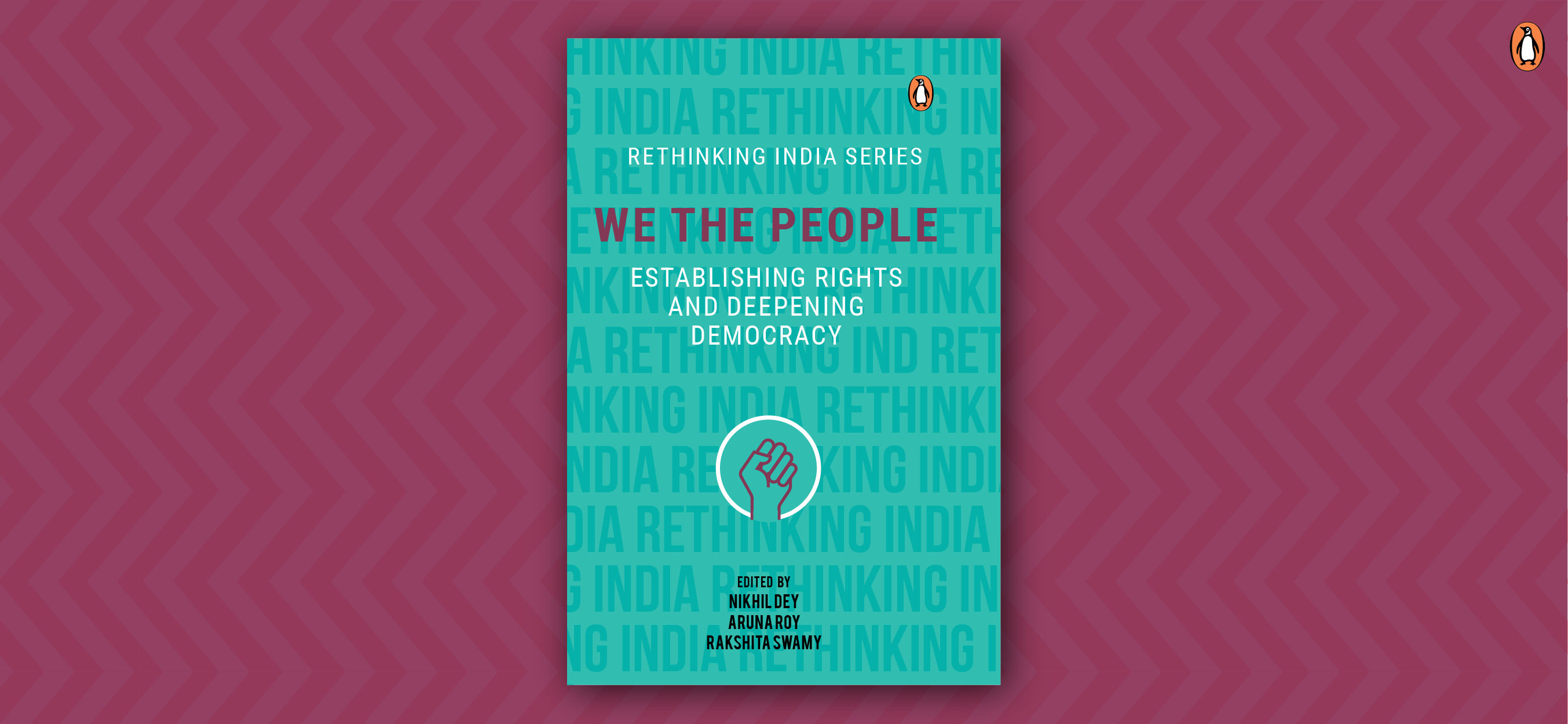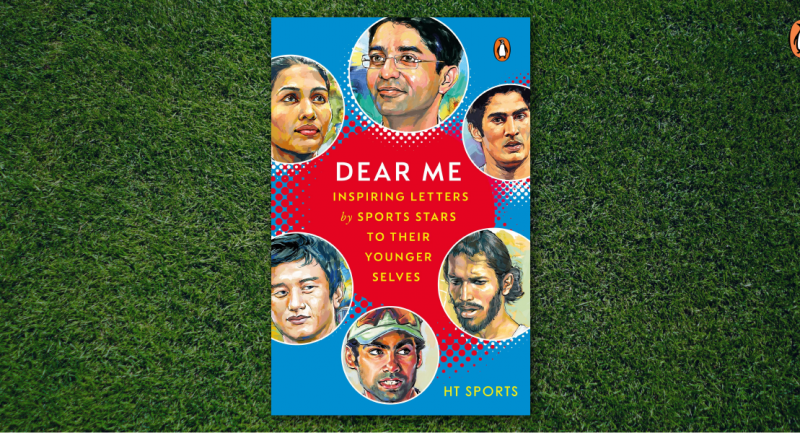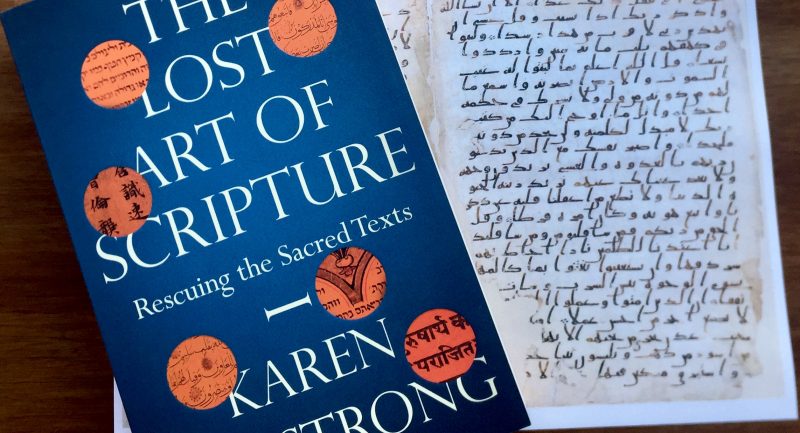
Over the last decade, conversations around constitutional rights and state directives have taken precedence. Facts and opinions ebb and flow into each other, and in some instances, it becomes difficult to separate their boundaries and compartmentalise. Public perception and our understanding of our own locations within structures of the state and state power have shifted to a great extent, and how we understand the nation and nationhood has also been coloured by communal differences, identity politics and an onslaught of conservative discourse around human rights and minority communities.
We The People, the fourth volume in the series Rethinking India, does the difficult work of trudging through this quagmire. It agglomerates the most visionary thinkers and the sharpest minds in the political and sociolegal sphere and brings us a volume packed with indispensable insights into the construction and mechanism behind the functioning of the nation, and our relationship with it.
In their essay ‘Fighting Inequality: Rights and Entitlements’, Amitabh Behar and Savvy Soumya Misra write about how even someone like Manmohan Singh, who was pro-liberalisation of the market, had highlighted the necessity to consider carefully the status of inequality in the country. He elaborated on his warning, explaining how despite being one of the fastest growing economies of the world, some groups have been marginalised and remain divested of access to social and economic reform. In fact, he also links this fast growth to this very inequality, stating that its speed and scope is actually achieved at the expense of peripheral groups who are left behind.
India is a country where 63 billionaires own more wealth than the union budget for 2018-19, and the wealth of the nine richest people equals the wealth collectively owned by the poorest 50% of the population. Behar and Misra explore how India, due to its population, is a major factor in the global development and inequality trends. The writers also highlight social inequalities, no doubt a key agent in economic inequalities. Citing the work of Jean Drèze and Amartya Sen, they discuss how caste hierarchies have created deep seated roots of inequality, breeding discrimination through the fabric of our society.
Prashant Bhushan and Anjali Bharadwaj take up another extremely important strand of discussion around the structures of the nation in their essay, ‘The Role of Independent Institutions in Protecting and Promoting Constitutional Rights’. They discuss how an effective rule of law can only be guaranteed by independent and efficient institutions, and how this is the primary safeguard of democracy. The Indian judiciary has passed some landmark judgements in the recent past, securing the rights of citizens in the process. But, the writers note, it is not enough to merely have the skeletal promise of these rights. There is a need for independent and reliable networks that ensure at ground level that these rights are secured, and that theory is indeed translated into practice. Delving into the judiciary as one such system, Bhushan and Bharadwaj discuss fault lines that have been exposed in the system, and how despite the Right To Information Act being applicable to courts as well, courts have resisted making their workings in certain cases transparent. The writers also give a clear picture of the Lokpal and Lokayuktas Act of 2013, and pick up many more tensions in the conversation around the institutions which are supposed to be the guarantors of rights, like the Central Bureau of Investigation.
We The People spans crucial ideas like economic rights, social democracy, right to education and health, and the MGNREGA among others, bringing into sharp focus important discussions that too often do not engage the public. But the public is the most crucial aspect of these constitutional directives; after all, these conversations affect us and our positions as citizens directly. This volume breaks down these important concepts into accessible essays, and is a much-required reading.
[To delve deeper, get your copy of We The People today.]









